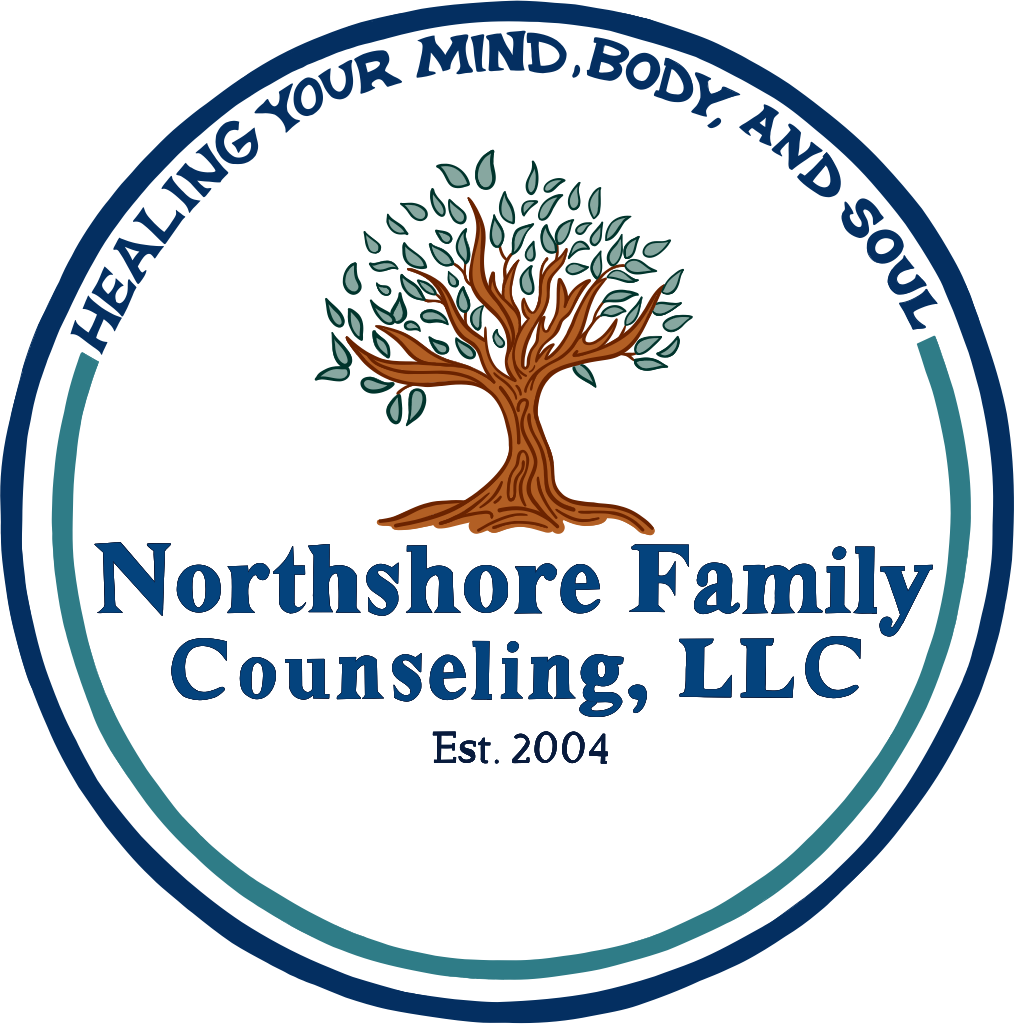NORTHSHORE FAMILY COUNSELING
We work with a wide range of emotional and behavioral issues providing counseling services to individuals, couples, and families.
Mental Health Counseling Services for Individuals, Families and Couples
Slidell, The Northshore, and Greater New Orleans
The goal at Northshore Family Counseling is to provide clinically competent, biblically sound Christian counseling for the North Shore community, including children, adolescents, adults, couples, families, first responders, and churches. Our desire is to be a resource that will help strengthen your faith and build healthy familial and personal relationships as we work alongside you on your journey of self-exploration and growth that allows you to live life to the fullest.
“Praise be to the God and Father of our Lord Jesus Christ, the Father of compassion and the God of all comfort, who comforts us in all our troubles, so that we can comfort those in any trouble with the comfort we ourselves receive from God.” 2 Corinthians 1:3-4


INDIVIDUAL AND FAMILY COUNSELING
Navigate life’s complexities with our Individual Counseling services, designed to offer you the guidance and support you need when challenges become overwhelming. Strengthen your family bonds and overcome collective hurdles with our Family Counseling, where each step is a stride towards harmony and understanding.

COUPLES AND MARRIAGE COUNSELING
Revitalize your relationship through our Couples and Marriage Counseling, providing a nurturing space for both partners to find guidance and understanding when facing life’s challenges together. Let us help you build a stronger, more resilient bond, turning obstacles into opportunities for growth and deeper connection.

TRAUMA INFORMED COUNSELING
Navigate your path to recovery with our counseling services, thoughtfully designed for individuals grappling with depression, anxiety, and the impacts of trauma. We provide trauma-informed counseling, a crucial element in understanding and healing from the deep-seated effects of traumatic experiences. Our empathetic and skilled counselors offer a safe haven, guiding you through the complexities of these emotional challenges with compassion and understanding.

COMPREHENSIVE COUNSELING SOLUTIONS
From the imaginative realms of Play Therapy for children, offering insights through their unique expressions, to the specialized support for First Responders facing life’s intense challenges, our services cater to diverse needs. We also provide expert Supervision & Consulting for professionals seeking guidance and growth in their therapeutic practices.
Counseling is Our Passion
ONLINE COUNSELING AVAILABLE
You can rest assured that our team has worked hard to ensure your sessions will be secure, confidential and safe from the comfort of your home. If you would like more information regarding teletherapy services, please contact our office.
Certifications and Specializations
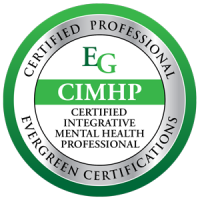
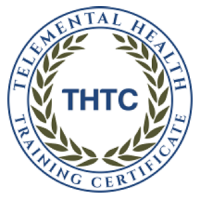
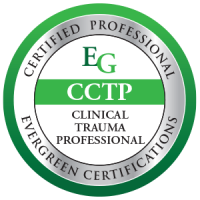

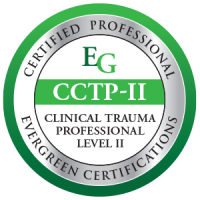
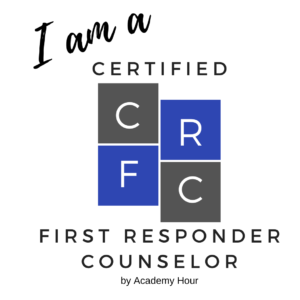



Our Team & Values
Learn About Counseling & More
Navigating Teen Rebellion
Teen rebellion is often portrayed as a hallmark of adolescent development, characterized by challenging authority and pushing boundaries. As we delve into the topic of "Navigating Teen Rebellion," we'll explore how family counseling can serve as a vital bridge,...
10 Ways A Therapist Can Be Helpful
In our journey through life, we often encounter moments that challenge us, push us to our limits, and sometimes, bring us to the brink of despair. In these moments, the value of support cannot be overstated—a kind, listening ear, an empathetic soul who can hold our...
Reasons To See A Therapist or Counselor
Unfortunately, pursuing professional counsel for mental health concerns has been stigmatized and labeled as something that “only those with mental disorders need.” However, People go to therapy for various reasons, such as major life transitions or unhelpful thoughts....
The 10 Benefits of Marriage Counseling
Marriage is a wonderful thing... but it's NOT always easy. It’s the foundation of a family, a lasting relationship, and a great source of happiness. However, when it comes to being married, it’s not all sunshine and rainbows. In fact, it can be downright challenging!...
Why National Men’s Health Month is so Important
Every June our country celebrates Men’s Health Month. Many men in America may think their focus this month is best spent on learning new ways to stay fit, eat healthily, ensure good heart health, and learn about other men’s health issues like how to recognize prostate...
Let Us Get You Back on Track
DIVERSITY STATEMENT
Northshore Family Counseling, LLC aims to cultivate a climate of inclusion, where all can feel safe, valued, and affirmed. We believe that all human beings are made in the image of God (Genesis 1:26) and strive to create an environment that promotes human dignity and diversity, respect, empowerment, integrity, equity, and inclusion, free of persecution or marginalization as a result of gender expression, race, ethnic or national origin, religion, sexual orientation, age, class, mental health, physical character or disability. We strive to grow in our knowledge about cultural factors in the delivery of mental health care to our clients and the communities we serve.
